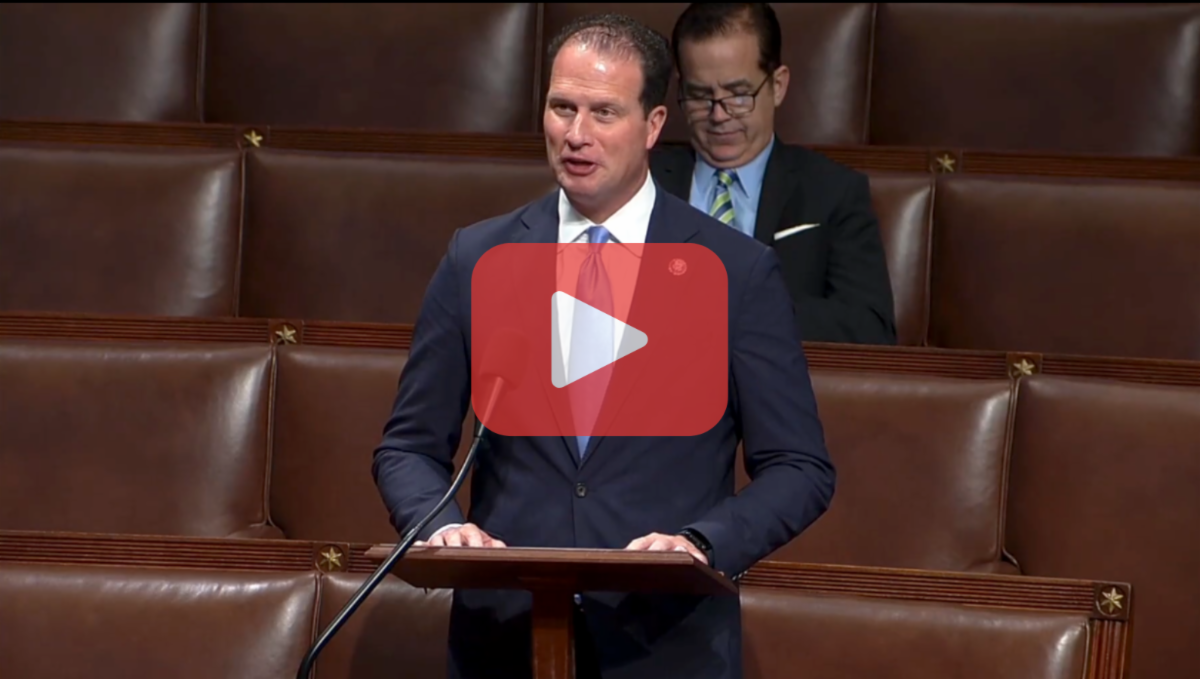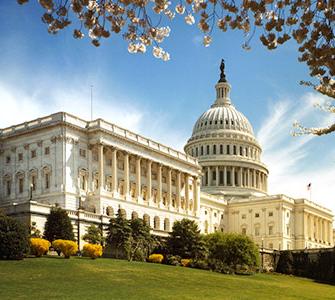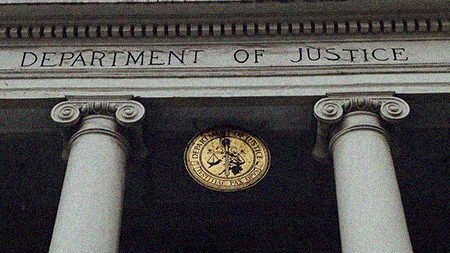Why I’ll Remain a Conservative/Libertarian
 At bottom, it comes down essentially to whether we place primacy on the individual or on the collective. I place it on the individual, though it might seem selfish and undemocratic not to place primacy on the collective or on groups.
At bottom, it comes down essentially to whether we place primacy on the individual or on the collective. I place it on the individual, though it might seem selfish and undemocratic not to place primacy on the collective or on groups.
But let’s look at history. John Stuart Mill rightly observed: “All progress comes from individuals, generally at first from one individual.” History teems with examples. Just to name an obvious one, think of Henry Ford. Similarly, Ralph Waldo Emerson observed that “an institution is the lengthened shadow one man.” And Charles Kettering put it in a humorous way: an aide ran into his office, exclaiming, “Mr. Kettering, Charles Lindbergh just flew across the ocean—all by himself!” To which Kettering responded, “Let me know when he does it by committee.”
The paradox is that placing priority on the individual serves the collective. Think of the hundreds of thousands of small businesses throughout the United States. They arise out of individual talents and incentives—even out of a selfish desire to make money. But they serve the collective by hiring millions of employees. Private vice becomes public virtue.
The Texas Public Policy Foundation places primacy on individuals, thus serving a wider humanity. But there is a tendency by state and federal governments to restrict the primacy of individuals and singular businesses in two ways: one, by imposing higher taxes for the financial success of individuals and small businesses. Two, by imposing excessive, burdensome, expensive government regulations. Yes, President Trump often acts in bizarre ways with endless tweets that are often offensive. But in terminating through constitutional Executive Order a plethora of government regulations and costs, he is further allowing individuals and small businesses to further triumph and serve. Moreover, he is restricting the excesses of Administrative Law, set by bureaucratic agencies and departments, and complying with the necessary and proper clause of the Constitution, which reads: “The Congress shall have power to . . . make all laws which shall be necessary and proper for carrying into execution the foregoing powers and all other powers vested by this Constitution in the government of the United States, or any department or officer thereof.”
I once asked a federal judge why Congress doesn’t apply the necessary and proper clause and eliminate or restrict Administrative Laws? The judge replied, “They’re too lazy.”
Regulations protect, but they also destroy. A compromise is vital. Less government is better than more government. C. S. Lewis put the matter brilliantly, in a precious statement that no one sees these days:
“On the modern theory of sovereignty . . . total freedom to make what laws it pleases, superiority to law because it is the source of law, is the characteristic of every state; of democratic states no less than of monarchical. That doctrine has proved so popular that it now seems to many a mere tautology. We conceive with difficulty that it was ever new because we imagine with difficulty how political life can ever have gone on without it. We take it for granted that the highest power in the State, whether that is a despot or a democratically elected assembly, will be wholly free to legislate and incessantly engaged in legislation.
...
Rulers have become owners. We are less their subject than their wards, pupils or domestic animals. There is nothing left of which we can say to them, ‘Mind your own business.’ Our whole lives are their business.”








